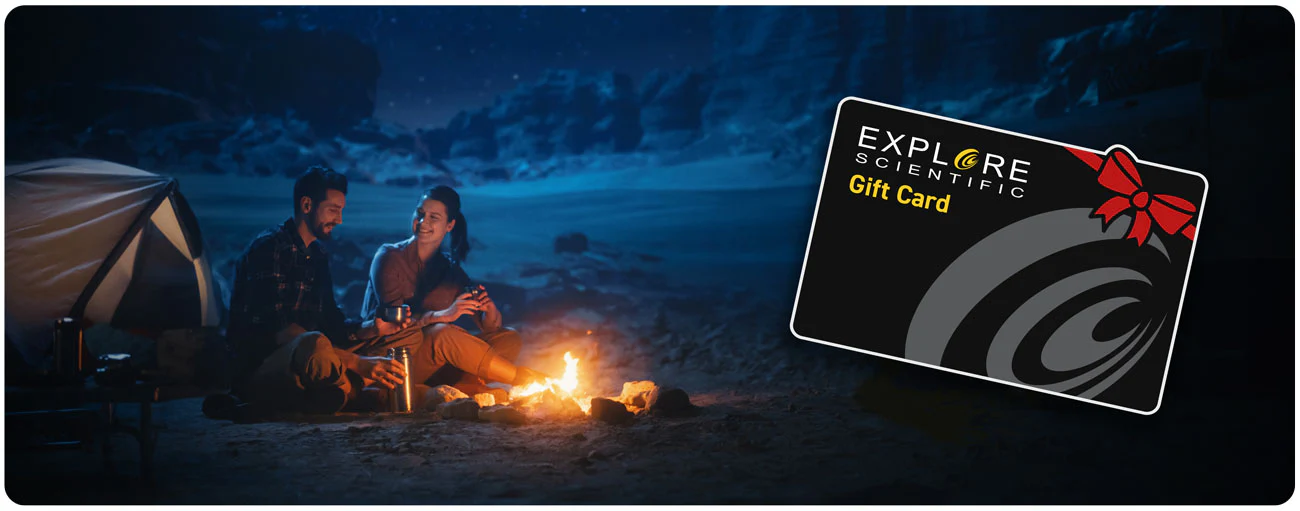
Still looking for that perfect gift?
Let them build their own adventure with a gift card from Explore Scientific!
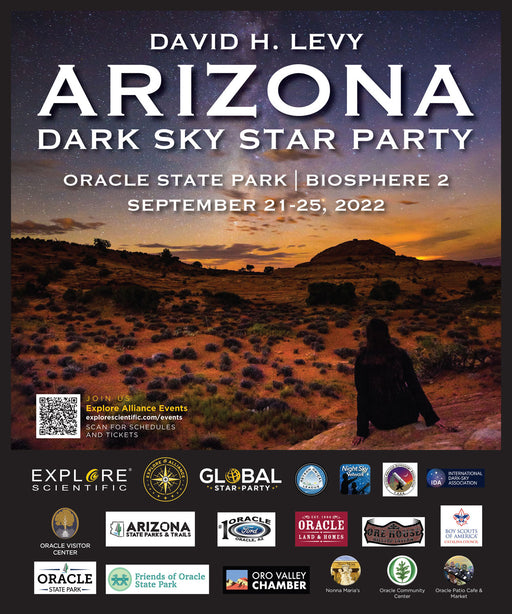 Save $ 0.00
Save $ 0.00
Save $ 0.00
Save $ 0.00
Schedule Updated 9/21/2022 We are excited to announce the second Ariz...
View full details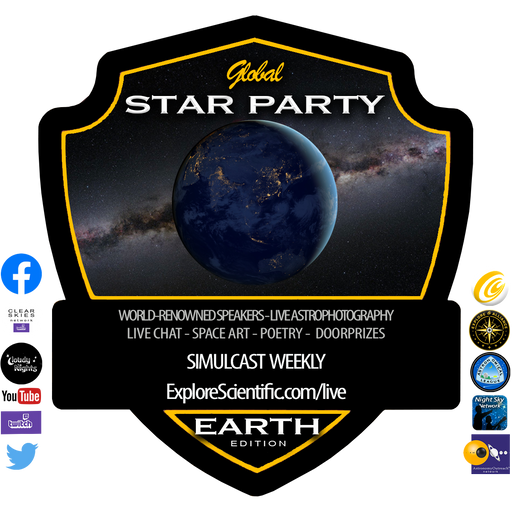 Save $ 0.00
Save $ 0.00
Save $ 0.00
Save $ 0.00
Explore Scientific's Explore Alliance is honored to present the Global Star Party (GSP), where you can participate in a global live simulcast t...
View full details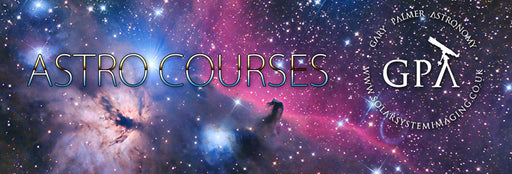 Save up to $ 0.00
Save $ 0.00
Save up to $ 0.00
Save $ 0.00
Learn astrophotography processing techniques through 1-hour Astro Courses with Master MENTOR and astrophotographer Gary Palmer. An Explore Allianc...
View full details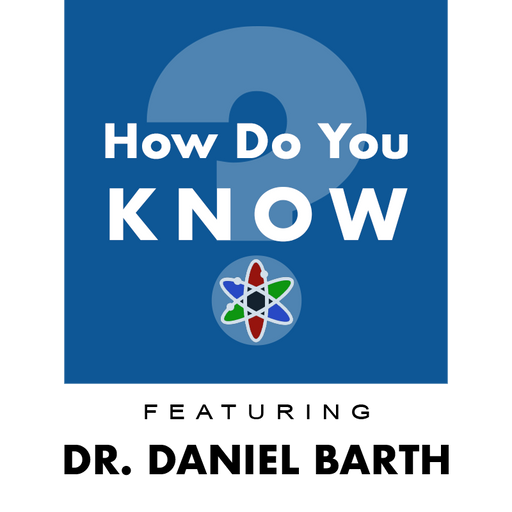 Save $ 0.00
Save $ 0.00
Save $ 0.00
Save $ 0.00
In cosmology, the anthropic principle involves any structure of the universe, the values of the constants of nature, or the laws of nature that ha...
View full details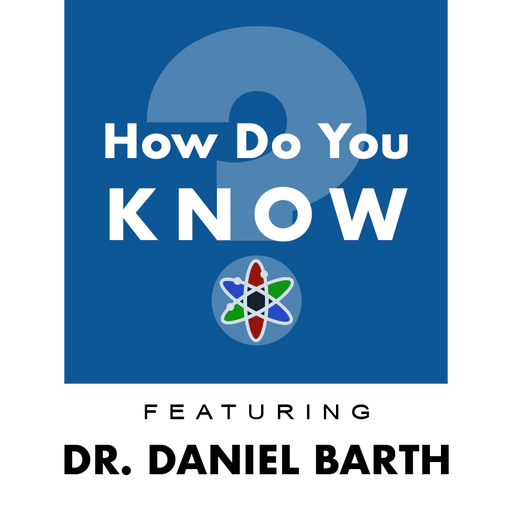 Save $ 0.00
Save $ 0.00
Save $ 0.00
Save $ 0.00
On this episode of How Do You KNOW? Dr Daniel Barth will be discussing what all is involved in the Fine Tuning of Nature. Because we tend to suspe...
View full details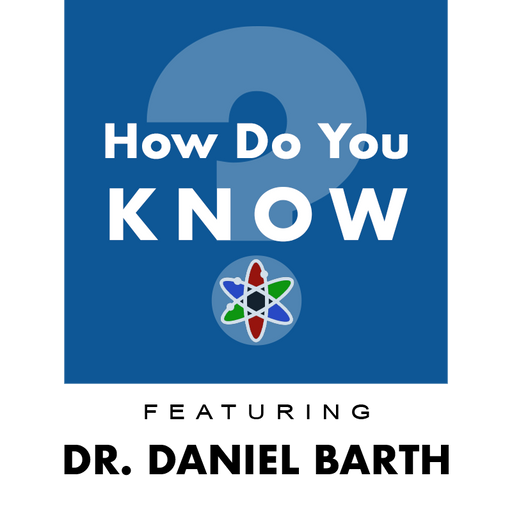 Save $ 0.00
Save $ 0.00
Save $ 0.00
Save $ 0.00
Have you ever wondered how hard it can be to merge two black holes? Well it actually is a lot harder than you think. You would think that because t...
View full details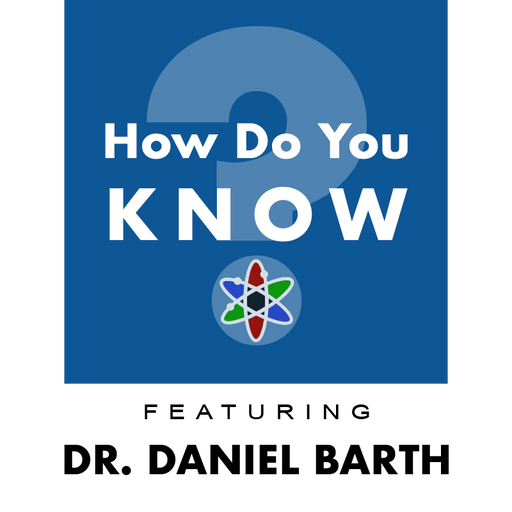 Save $ 0.00
Save $ 0.00
Save $ 0.00
Save $ 0.00
We hear the phrase "You can't prove that!" all the time. But is it a valid criticism? On this episode of How Do You Know Dr Daniel Barth will defi...
View full details Save $ 0.00
Save $ 0.00
Save $ 0.00
Save $ 0.00
Jupiter is well named after the King of the Gods in Greek mythology, it is the largest planet in both mass and size, and possesses the ...
View full details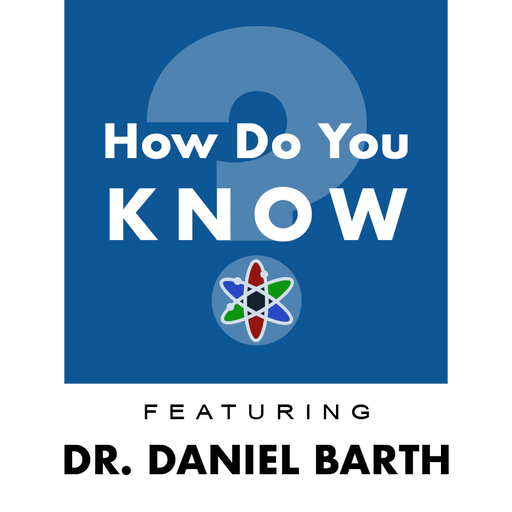 Save $ 0.00
Save $ 0.00
Save $ 0.00
Save $ 0.00
Misconceptions about large numbers are some of the most persistent and troublesome bits of misinformation. Not just children, but a lar...
View full details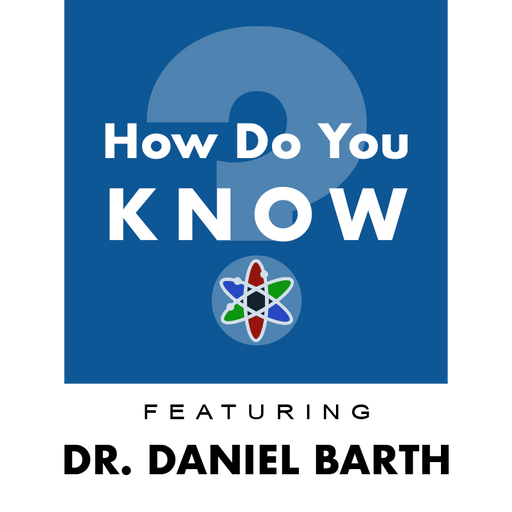 Save $ 0.00
Save $ 0.00
Save $ 0.00
Save $ 0.00
The idea that tides are linked to the Moon is an old one. Galileo was one of the first scientists to develop the idea of tides being...
View full details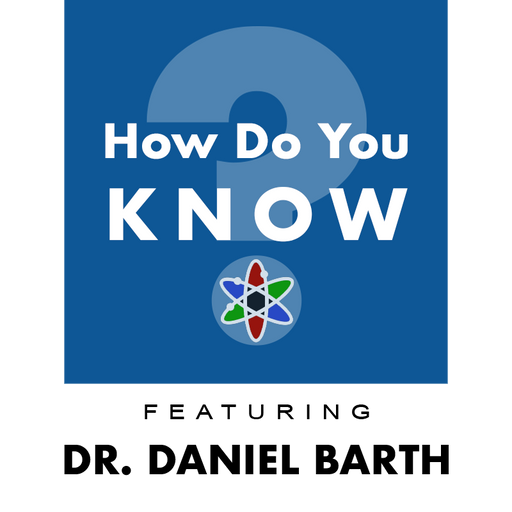 Save $ 0.00
Save $ 0.00
Save $ 0.00
Save $ 0.00
The French mathematician and astronomer, Edouard Roche, is most famous for his work on celestial mechanics and his discovery of t...
View full details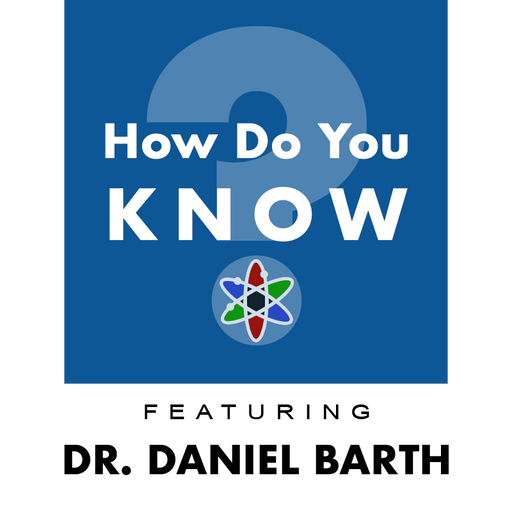 Save $ 0.00
Save $ 0.00
Save $ 0.00
Save $ 0.00
We all know that the gravitational field of any moon causes tides on its home planet. The height of the tide for a moon also depends upon the natur...
View full details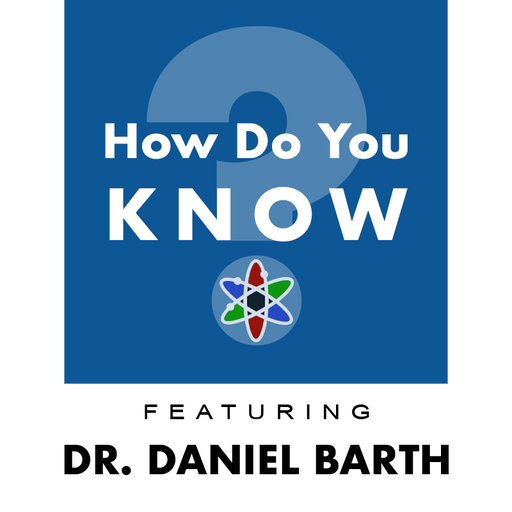 Save $ 0.00
Save $ 0.00
Save $ 0.00
Save $ 0.00
In August of 2006 the International Astronomical Union famously downgraded Pluto, which was considered the 9th planet in our solar system, to be re...
View full details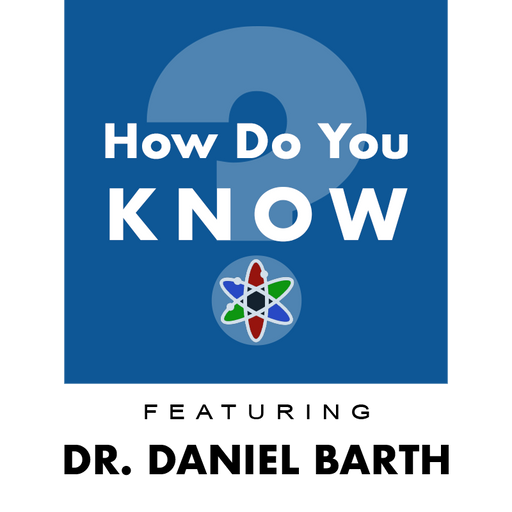 Save $ 0.00
Save $ 0.00
Save $ 0.00
Save $ 0.00
If you study science long enough, you eventually discover that Galileo was right about the constantly changing nature of scientific knowledge. Y...
View full details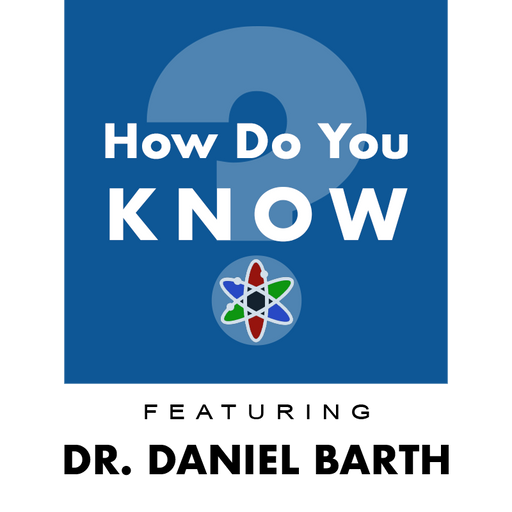 Save $ 0.00
Save $ 0.00
Save $ 0.00
Save $ 0.00
There is a misconception that ‘doing real astronomy’ is difficult and expensive, only highly trained and generously funded people can do it; ...
View full details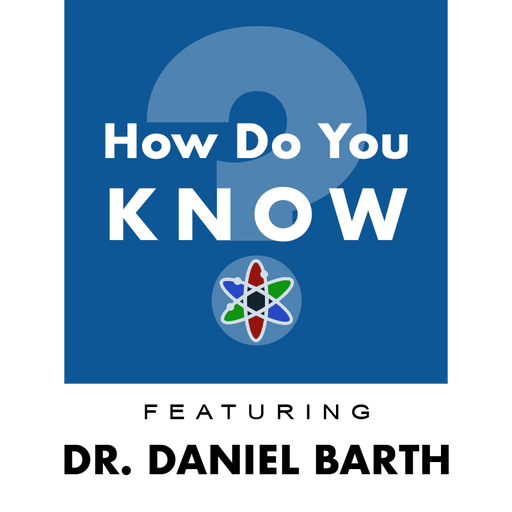 Save $ 0.00
Save $ 0.00
Save $ 0.00
Save $ 0.00
Humans have attempted to map the stars in the sky since antiquity. The earliest Western catalog of stars was created by the Greek astronomer...
View full details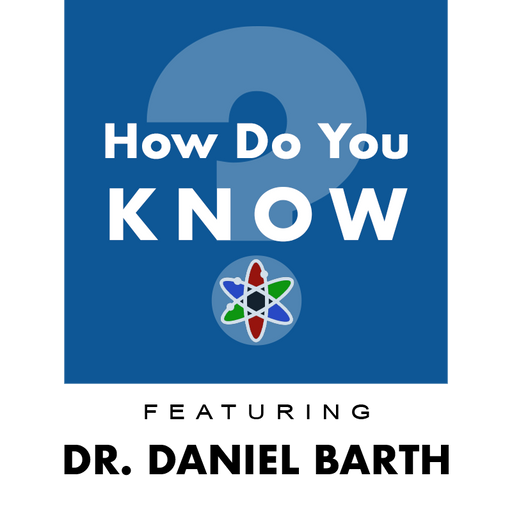 Save $ 0.00
Save $ 0.00
Save $ 0.00
Save $ 0.00
Fact, Hypothesis, Theory There is a distinct hierarchy in science that distinguishes facts, hypotheses, and theories. We misunderstand and ...
View full details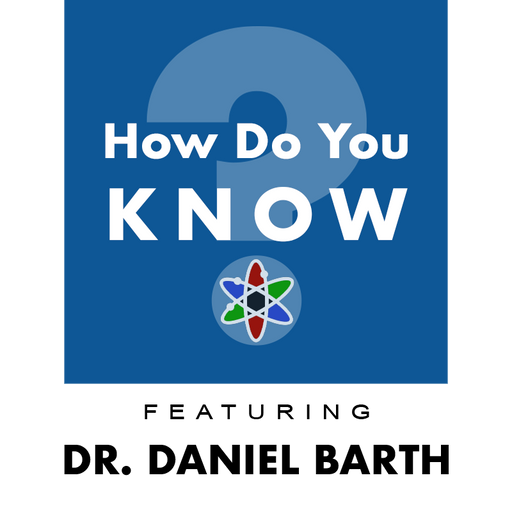 Save $ 0.00
Save $ 0.00
Save $ 0.00
Save $ 0.00
Mars - The Dying Planet Astronomers have been exploring Mars with telescopes for four centuries, and the fascination of the red planet with its ...
View full details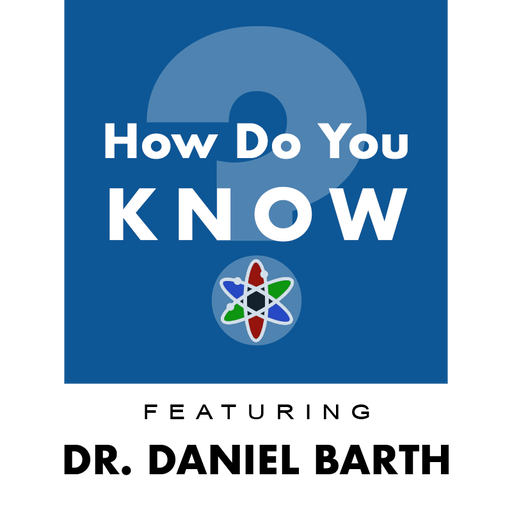 Save $ 0.00
Save $ 0.00
Save $ 0.00
Save $ 0.00
Russian biologist A. P. Oparin and Scottish biologist J. B. S. Haldane both proposed an early reducing atmosphere on Earth consisting of hydr...
View full details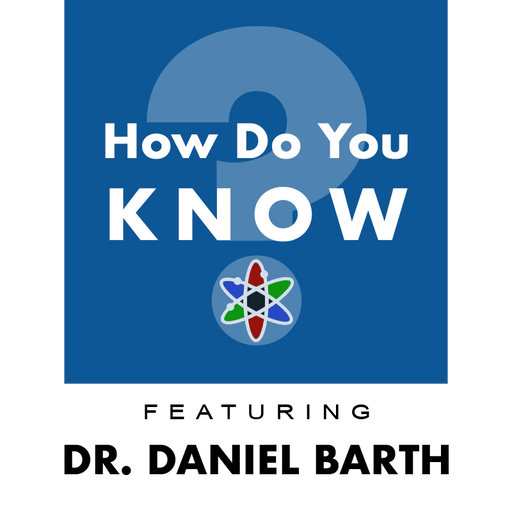 Save $ 0.00
Save $ 0.00
Save $ 0.00
Save $ 0.00
The Viking Experiments In the early 1960’s, long before humans had left low Earth orbit, NASA was planning a mission to Mars that would soft-...
View full details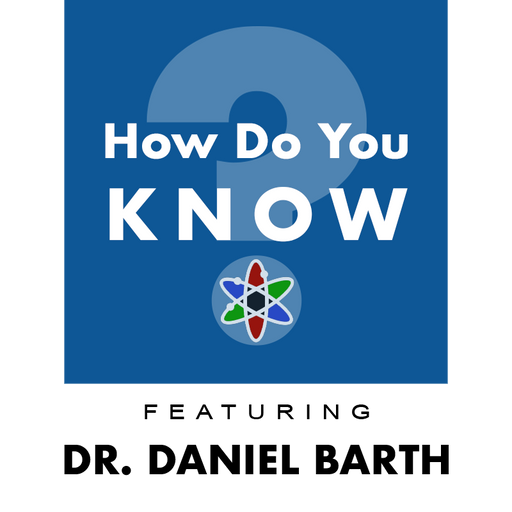 Save $ 0.00
Save $ 0.00
Save $ 0.00
Save $ 0.00
Sketching Saturn: The Box and Rectangle Method The first discoveries the system of the rings and moons around Saturn predate photographic tec...
View full details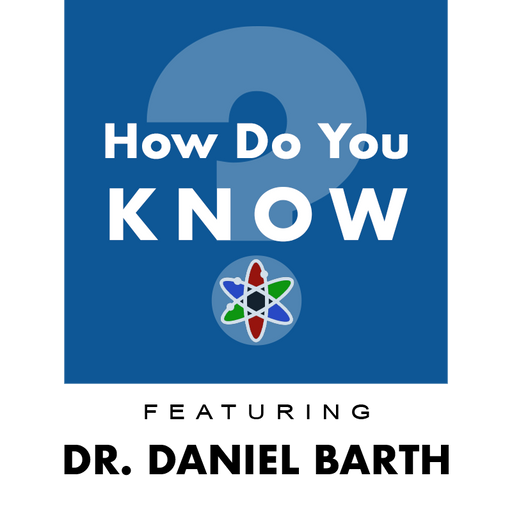 Save $ 0.00
Save $ 0.00
Save $ 0.00
Save $ 0.00
Saturn has 7 major moons and more than 70 known moonlets. For the amateur astronomer, detecting and identifying these major moons is a challe...
View full details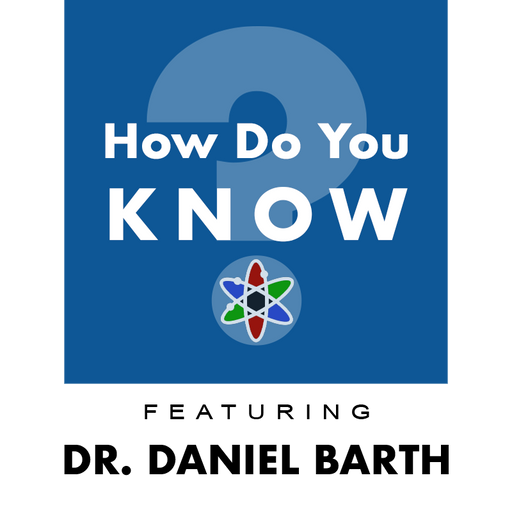 Save $ 0.00
Save $ 0.00
Save $ 0.00
Save $ 0.00
We normally think of galaxies as some of the largest, brightest structures in the universe – but that isn’t always true. It is star formation t...
View full details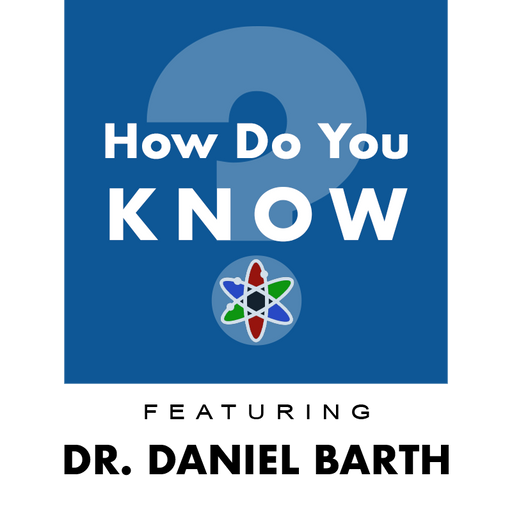 Save $ 0.00
Save $ 0.00
Save $ 0.00
Save $ 0.00
Ultra-diffuse galaxies are generally quenched dwarf galaxies with no gas reservoirs, they are therefore unable to form new stars; as a result, ...
View full details
Let them build their own adventure with a gift card from Explore Scientific!
